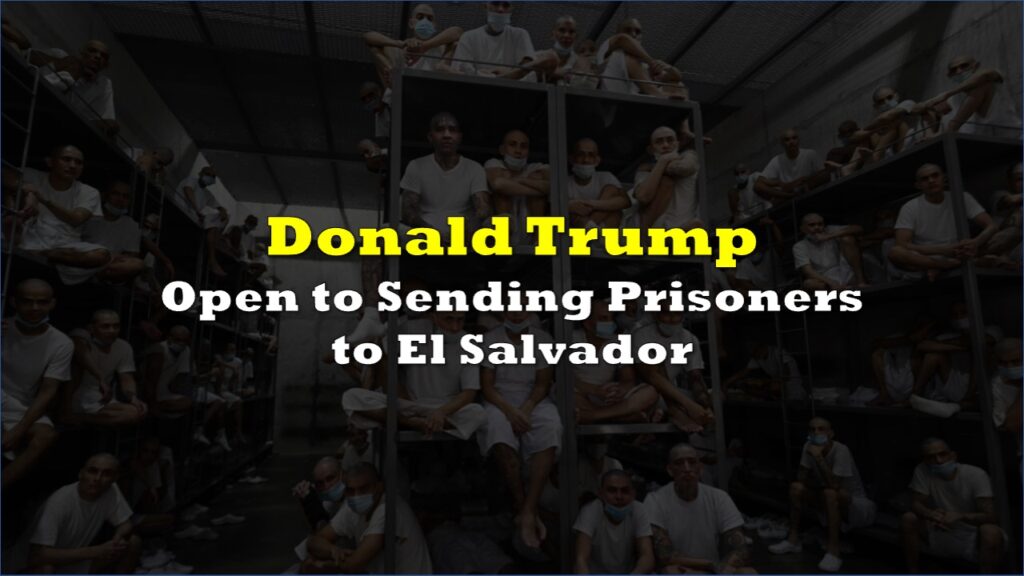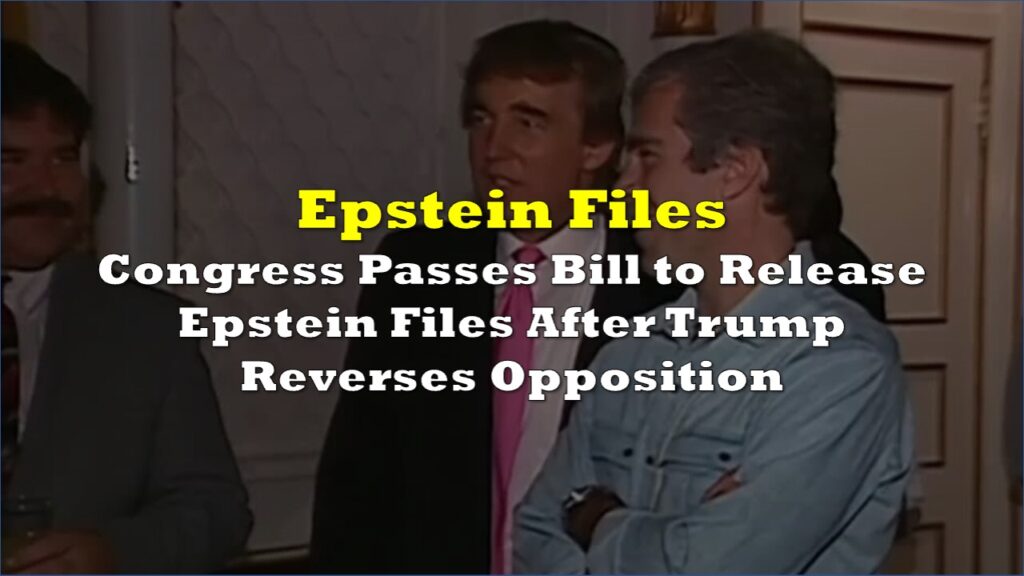Canadian Foreign Affairs Minister Mélanie Joly has signaled a willingness to consider cutting off Alberta’s oil exports to the United States as a retaliatory measure against U.S. President-elect Donald Trump’s proposed tariffs on Canadian imports. The dramatic warning, made during an interview on CTV’s Question Period this Sunday, marks a significant escalation in the ongoing trade tensions between the two countries.
“What I can tell you is everything is on the table,” Joly said when asked specifically if cutting oil exports south of the border was under consideration. The foreign minister’s statement highlights the Canadian government’s determination to respond forcefully to Trump’s plan to impose 25% tariffs on all Canadian imports—a measure she described as having “devastating impacts on Canadians.”
Melanie Joly says she is willing to cut off Alberta’s oil exports to the U.S. in response to the Trump tariffs.
— Brian Lilley (@brianlilley) January 12, 2025
pic.twitter.com/wrOunN5EbT
Canada is the largest supplier of foreign crude oil to the United States, exporting nearly 4 million barrels per day. Much of that oil comes from Alberta’s oil sands, a region critical to Canada’s economy and energy exports. Cutting off oil shipments would have a profound impact on the integrated North American energy market, where Canadian crude plays a vital role in supplying U.S. refineries.
READ: Trump Claims U.S. Doesn’t Need Canada—But the Numbers Tell a Different Story
The move could significantly disrupt American energy supplies, particularly in the Midwest, where Canadian oil accounts for a substantial portion of the feedstock used in refineries. However, such a decision would also carry risks for Canada, including potential economic repercussions for Alberta’s energy-dependent economy.
Despite these challenges, Joly underscored the seriousness of Trump’s tariff threat, framing it as an existential issue for Canada’s economy. “This is indeed a decision that would be taken by President-elect Trump that would have devastating impacts on Canadians,” she said.
Premiers Divided
The idea of cutting energy exports has divided Canada’s political leaders. Alberta Premier Danielle Smith has expressed opposition to the measure, emphasizing the need to maintain Alberta’s reputation as a reliable energy partner.
“We cannot jeopardize our standing as a key supplier of energy to the United States,” Smith said in a statement earlier this week.
Other leaders, such as Ontario Premier Doug Ford, have adopted a more aggressive stance. Ford has previously threatened to cut off electricity exports to U.S. states like Michigan and New York, stating that such actions might be necessary to protect Canadian interests. However, he clarified that these measures would be a last resort.
The premiers are set to meet with Prime Minister Justin Trudeau and federal officials this week to discuss a coordinated response. Joly confirmed that the potential oil cutoff would be part of these discussions.
“This is a conversation we’ll be having with the premiers,” she said, adding that she will also raise the issue during her planned visit to Washington, D.C., to meet with Republican lawmakers and members of Trump’s incoming administration.
Escalating Tensions
Joly’s comments come amid heightened trade tensions reminiscent of Trump’s first term, during which he imposed tariffs on Canadian steel and aluminum. Canada responded with “very specific, very surgical” countermeasures at the time, Joly noted, but emphasized that the current threat is far more severe.
“Twenty-five percent on the entire Canadian economy is extremely important,” she said, justifying the need to consider drastic actions.
The foreign minister also called for unity among Canada’s political leaders, urging them to set aside partisan differences in the face of a common threat.
“For those who are watching us right now, it is important to understand that the threat is real, and we’re acting on it,” she said. “This is not time for division.”
As Joly prepares for her Washington trip, the prospect of cutting off oil exports underscores the high stakes of the escalating trade dispute. While such a measure remains hypothetical, the foreign minister’s remarks signal Canada’s willingness to wield its energy resources as a tool of retaliation.
“We’re reacting to [Trump’s] new rhetoric now,” Joly said, pointing out that the tariff threats surfaced after the U.S. election, rather than during the campaign. “We’ve gone through Trump 1.0 administration,” she added.
Information for this briefing was found via CTV News and the sources mentioned. The author has no securities or affiliations related to this organization. Not a recommendation to buy or sell. Always do additional research and consult a professional before purchasing a security. The author holds no licenses.









